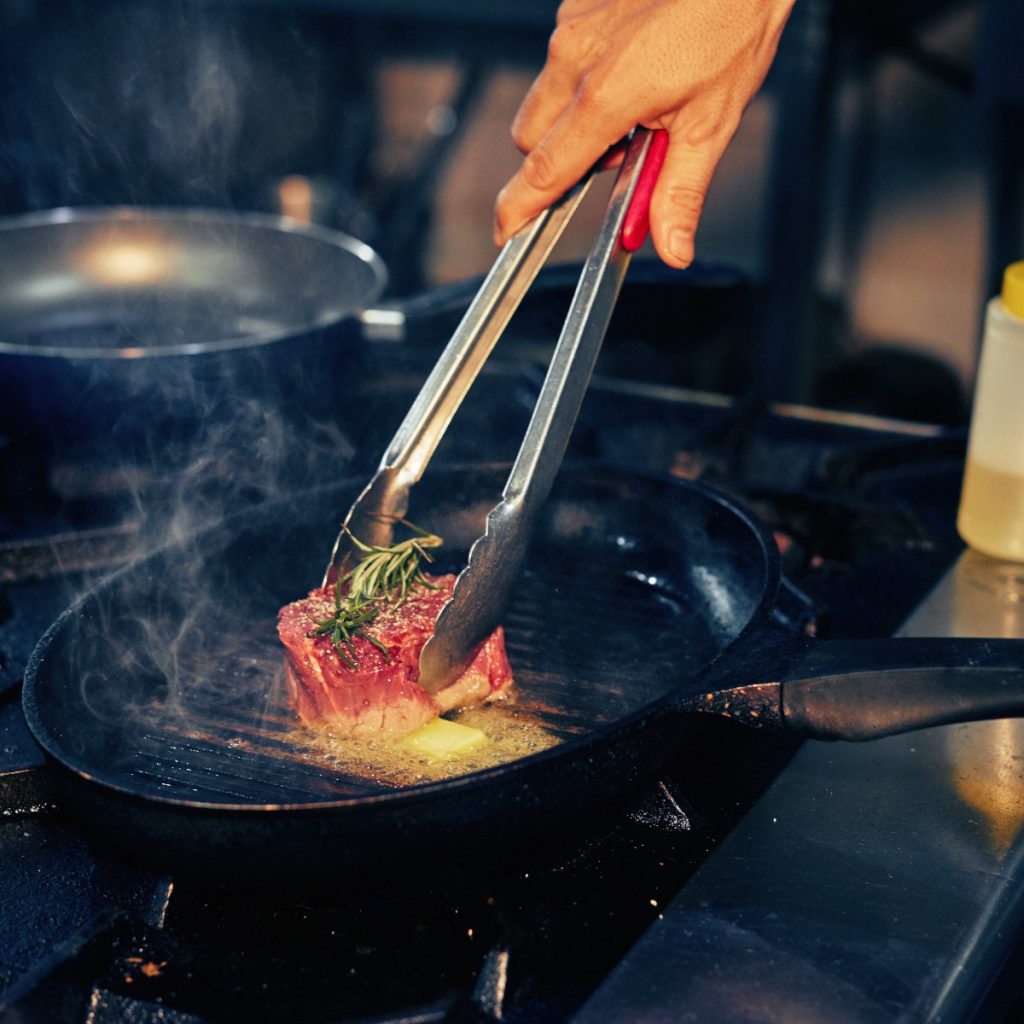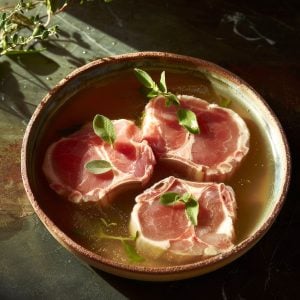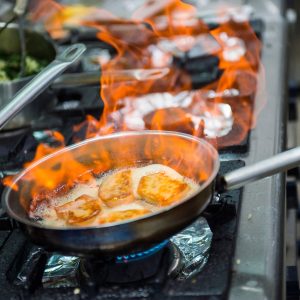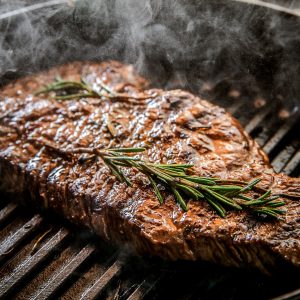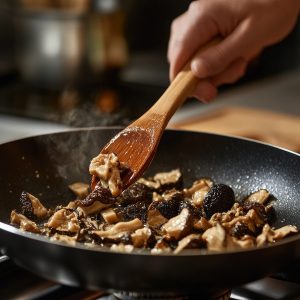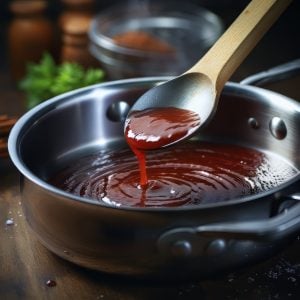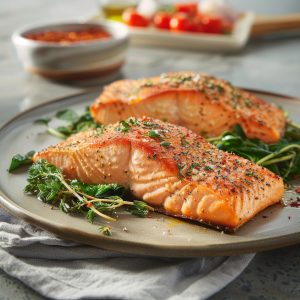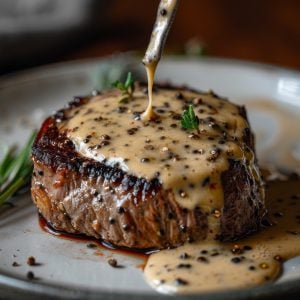Why It Is Essential to Learn Cooking Methods
Cooking methods are crucial to learn because they form the foundation of culinary skills and contribute significantly to the overall quality of the dishes you prepare. They are the foundation of learning how to cook.
Below are links to the most important cooking techniques and then some, but first, here are several reasons why mastering cooking techniques is important:
Consistency: Understanding cooking techniques allows you to achieve consistent results. Knowing how to control temperature, timing, and other variables ensures that your dishes turn out well each time you cook them.
Flavor development: Different cooking methods bring out unique flavors in ingredients. Techniques like roasting, sautéing, or braising can enhance the taste and texture of food, creating a more enjoyable dining experience.
Texture and doneness: They help you achieve your dishes’ desired texture and doneness. Whether you’re aiming for a crispy exterior, a tender interior, or a specific level of doneness, the right technique is crucial.
Efficiency: Proper cooking techniques contribute to efficiency in the kitchen. Knowing how to chop, dice, mince, and prep ingredients correctly can save time and make cooking more enjoyable.
Nutrient retention: Some cooking methods help retain the nutritional value of ingredients better than others. Understanding which techniques preserve nutrients can contribute to healthier meals.
Safety: Knowing proper techniques also ensures that you cook food safely. For example, understanding the recommended internal temperatures for meats helps prevent foodborne illnesses.
Creativity: Once you have a solid understanding of fundamental cooking techniques, you can start to experiment and get creative in the kitchen. This knowledge provides a solid foundation for exploring new recipes and inventing your own dishes.
Versatility: Learning various cooking techniques increases your versatility in the kitchen. You’ll be better equipped to handle different ingredients and adapt to various cuisines.
Professionalism: Mastering techniques is essential if you aspire to work in a professional kitchen or want to impress others with your cooking skills. Professional chefs rely on their knowledge of techniques to produce high-quality dishes consistently.
Culinary knowledge: Cooking techniques are part of the broader realm of culinary knowledge. Understanding the principles behind these techniques allows you to approach cooking with a deeper understanding and appreciation for the craft.
Once you learn these fundamental techniques, you can handle most recipes. Cooking is not just about recipes; it is about taking ingredients and making them taste as good as possible.
Recipes are great road maps to show us how someone else got there, but one of the joys of cooking is finding your own paths. Knowing these techniques is like taking the car out for a spin in a new location. You’re not sure where you will end up, but getting there will be fun.
10 Important Cooking Skills To Learn
- Knife Skills
Mastering basic knife techniques—like chopping, dicing, and mincing—saves time and ensures even cooking. A sharp knife and proper grip can prevent injuries and make prep work enjoyable. - Sautéing
Sautéing involves cooking food quickly in a small amount of oil over high heat. It’s ideal for vegetables, meats, and aromatics, creating flavor through browning without drying things out. - Seasoning Properly
Understanding how to season with salt, pepper, acids, and herbs can transform a dish. Taste as you go and build flavor in layers instead of dumping everything in at the end. - Reading a Recipe
A great cook knows how to fully read a recipe before starting. This means understanding the ingredients, steps, timing, and equipment—so you’re never caught off guard mid-cook. - Making a Pan Sauce
Deglazing a pan with wine, broth, or vinegar lifts flavorful browned bits and forms a quick sauce. A little fat and seasoning turn this into a simple yet elegant finish. - Boiling and Simmering
When to boil versus simmer is key for pasta, grains, soups, and sauces. Boiling is aggressive; simmering is gentler, perfect for melding flavors and avoiding overcooking delicate foods. - Roasting
Roasting uses dry heat to caramelize and intensify flavors. It works beautifully for vegetables and meats. Understanding temperature, timing, and pan placement leads to crispy exteriors and juicy centers. - Making a Vinaigrette
A basic vinaigrette balances oil, acid, and seasonings. Once you master the ratio, you can make endless variations for salads, marinades, or sauces—fresh, vibrant, and better than bottled. - Cooking Pasta and Grains
Knowing how long to cook pasta or how to steam rice without sticking is essential. These staples anchor many meals, and properly cooked starches absorb and carry flavors beautifully. - Tasting and Adjusting
Great cooks taste constantly. They adjust acid, salt, sweetness, and texture based on instinct and experience. This intuitive skill distinguishes between a good dish and a memorable one.

